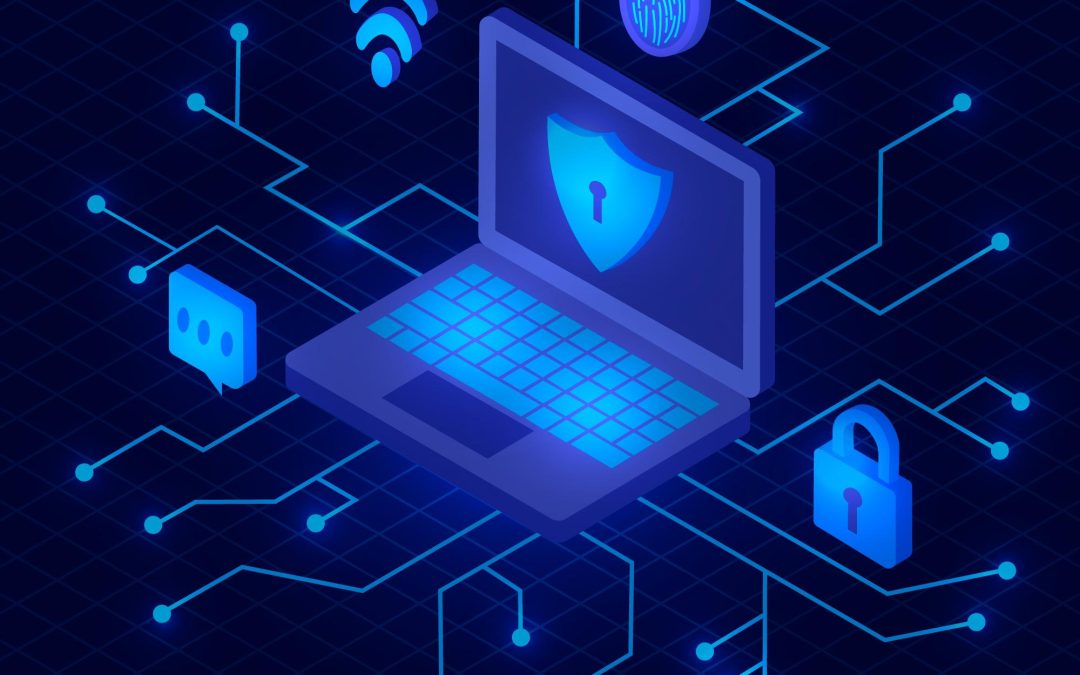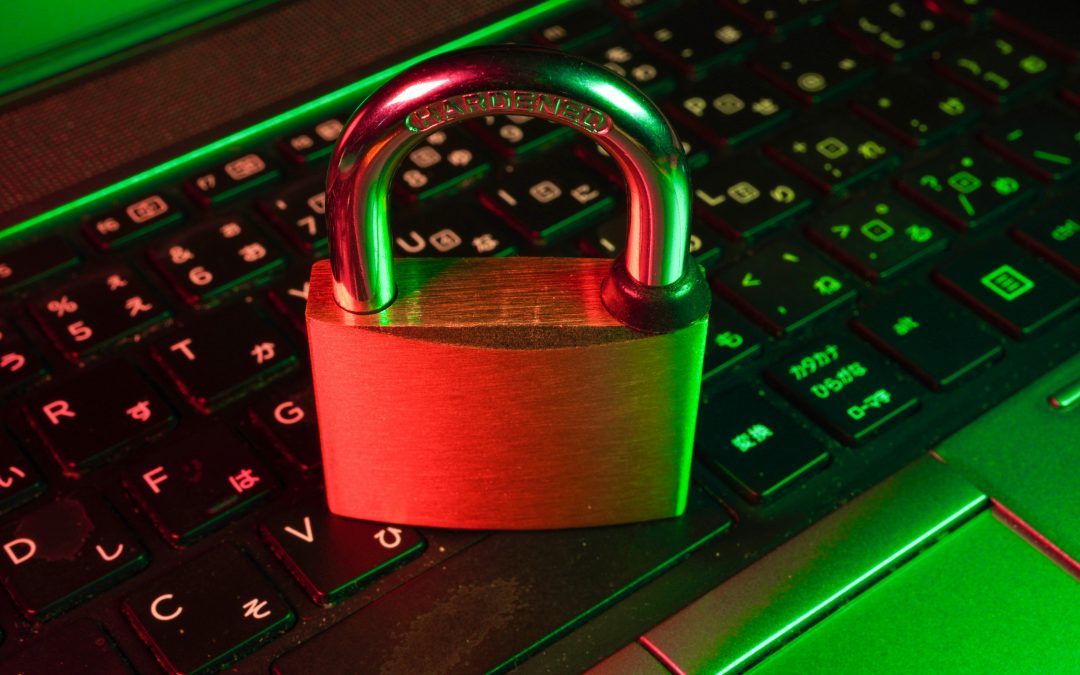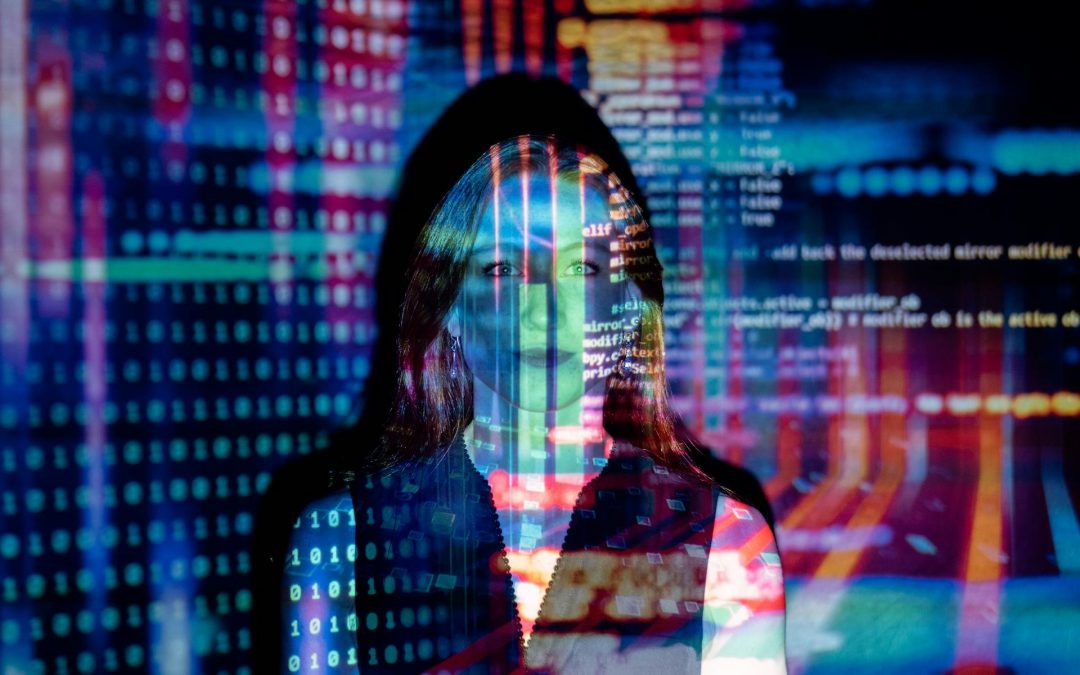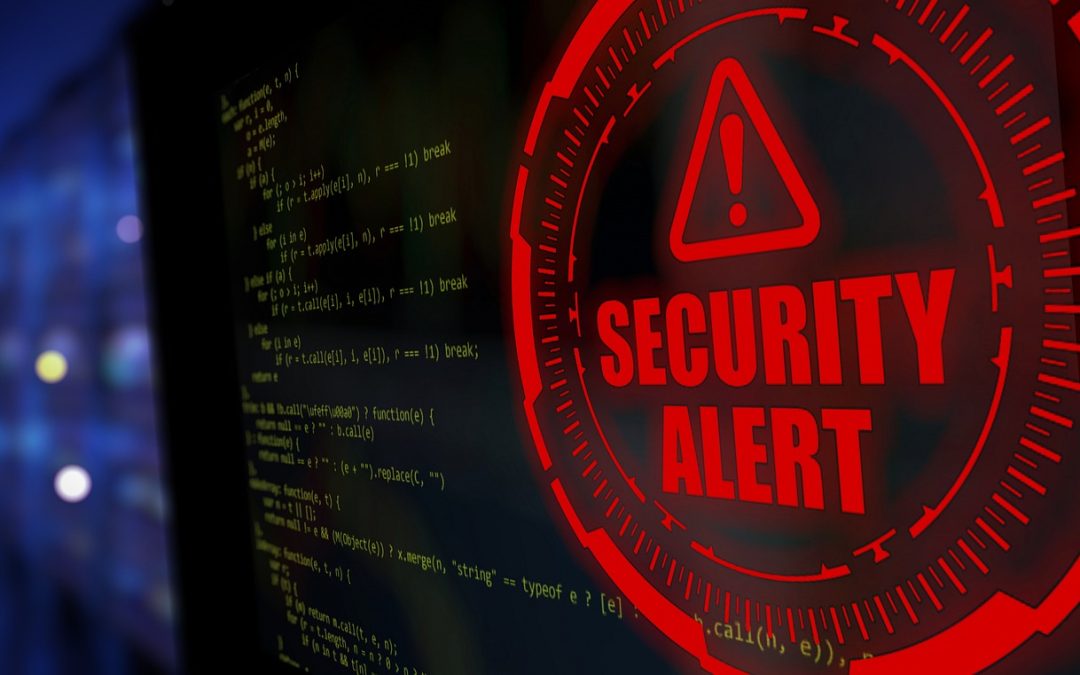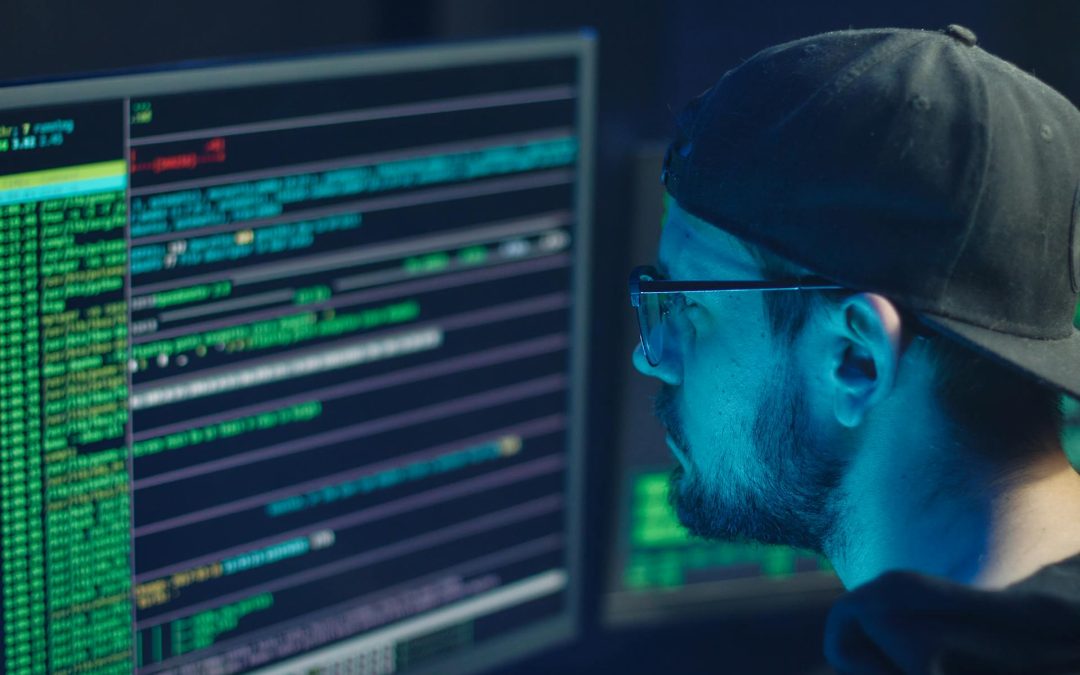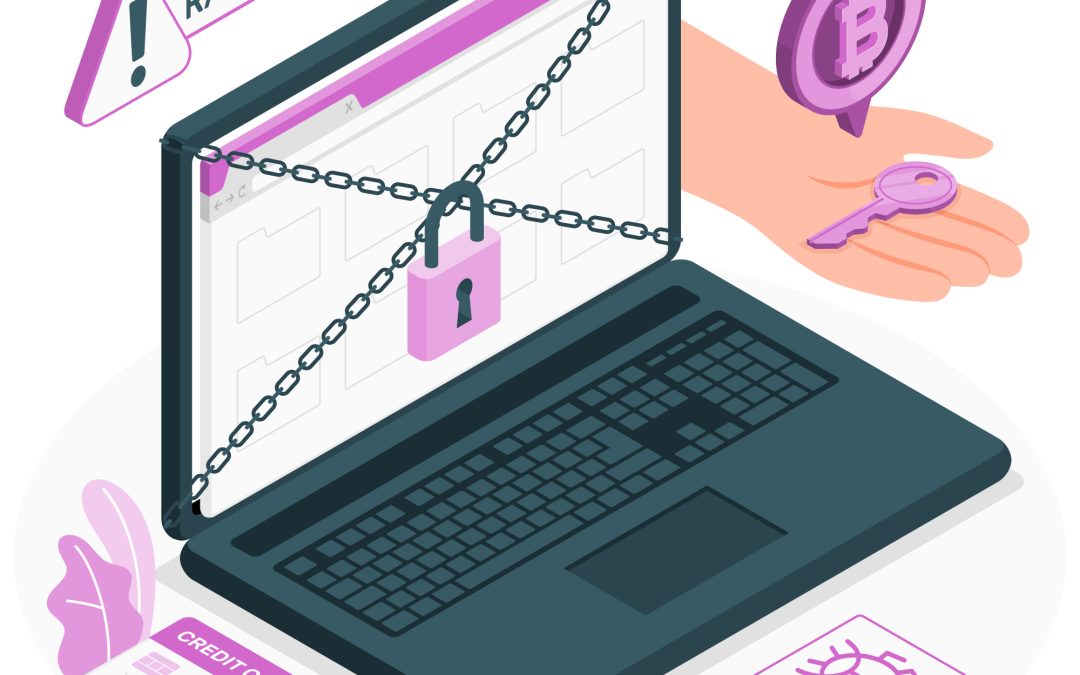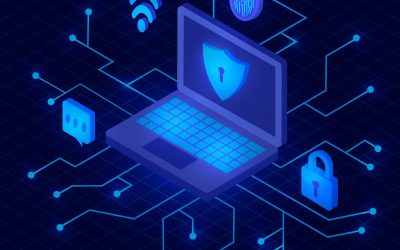Les logiciels malveillants, ou malwares, sont des programmes conçus pour endommager ou réaliser des actions non autorisées sur le système informatique de l’utilisateur. Voici un aperçu des différents types de logiciels malveillants les plus fréquents et comment s’en prémunir.
Les grandes catégories de malware
Les virus
Parmi les types de malware les plus connus, le virus s’attache à des fichiers légitimes et se propage à d’autres fichiers et ordinateurs lorsqu’il est exécuté. Il peut causer des dommages variés, de la suppression de fichiers à la réécriture du disque dur.
Le ransomware ou rançongiciel
Comme l’explique le site gouvernemental cybermalveillance.gouv.fr, « Les rançongiciels ou ransomwares sont des logiciels malveillants qui bloquent l’accès à l’ordinateur ou à des fichiers en les chiffrant et qui réclament à la victime le paiement d’une rançon pour en obtenir de nouveau l’accès. »
Ce type de malware fait partie des attaques les plus fréquentes vis-à-vis des entreprises et des organisations. En 2022, le montant total des pertes en chiffre d’affaires subies par les entreprises françaises en raison des ransomwares est estimé à environ 1,1 milliard d’euros.
Le faux logiciel de sécurité
Le scareware trompe l’utilisateur en lui faisant croire que son ordinateur est infecté par un virus. Il l’invite à payer pour un logiciel de sécurité inutile qui ne protège pas réellement les postes de travail.
Le logiciel espion
Le spyware est conçu pour surveiller et collecter des informations sur l’utilisateur sans son consentement, allant de l’historique de navigation aux frappes de clavier. En entreprise, il peut participer à des opérations d’espionnage industriel. Il peut également collecter des données pour les revendre à des tiers à des fins publicitaires.
Le cheval de Troie :
Contrairement au virus, un cheval de Troie se fait passer pour un logiciel légitime mais, une fois exécuté, donne un accès non autorisé au poste de travail de l’utilisateur. Bien souvent, il sert à installer d’autres malwares et / ou à voler des informations.
Logiciel publicitaire
Intrusif, le logiciel publicitaire, appelé aussi « adware », va afficher des publicités indésirables qui peuvent ralentir l’ordinateur ou rediriger l’utilisateur vers des sites web malveillants.
Logiciel malveillant sans fichier
Ce type de malware réside directement dans la mémoire vive (RAM) sans s’écrire sur le disque dur. Il rend sa détection et sa suppression plus difficiles par les logiciels antivirus traditionnels. Il peut exécuter des actions malveillantes en exploitant les logiciels ou fichiers présents sur le poste de travail.
Comment éviter l’infection par les malwares ?
Éviter l’infection par les malwares est primordial pour maintenir la sécurité et l’intégrité des systèmes informatiques. En entreprise, voici quelques conseils pour se protéger contre ces menaces.
Installer un logiciel antivirus
L’installation d’un logiciel antivirus robuste constitue la première ligne de défense contre les malwares. Ces programmes sont conçus pour détecter, prévenir et éliminer les logiciels malveillants avant qu’ils ne puissent causer des dommages. Pour maximiser leur efficacité, il est essentiel de bien réaliser les mises à jour du logiciel pour assurer une protection contre les menaces émergentes.
Pensez à effectuer des analyses régulières de l’ensemble du système pour détecter et supprimer les malwares potentiellement passés inaperçus.
Ne pas insérer de clé USB inconnue dans les réseaux informatiques de l’entreprise
Les clés USB et autres supports amovibles peuvent être facilement infectés par des malwares et servir de vecteur pour leur propagation à travers les réseaux d’entreprise. Aujourd’hui, ils représentent environ 37% des intrusions. Ils constituent environ 37% des intrusions.
Pour prévenir cette menace, il convient de mettre en place une politique de sécurité claire concernant l’utilisation de supports externes. Cela passe par l’installation de bornes de décontamination, comme proposé par TYREX. Nos stations blanches examinent les ports USB, identifient et neutralisent les menaces, pour une utilisation en toute sécurité.
Ne pas télécharger de pièces jointes ou de logiciels provenant d’un expéditeur inconnu
Les pièces jointes et les logiciels provenant de sources inconnues ou non fiables sont des vecteurs courants d’infections par des malwares. Pour éviter les risques, pensez à sensibiliser les employés aux dangers des téléchargements douteux et à la cybersécurité.
Configurez les filtres de messagerie pour bloquer ou marquer les courriels suspects. Vous réduirez ainsi le risque de téléchargement accidentel de pièces jointes malveillantes.
🔎 Vous aimerez aussi cet article :
Cybersécurité : 5 gestes clés en entreprise ou collectivité


